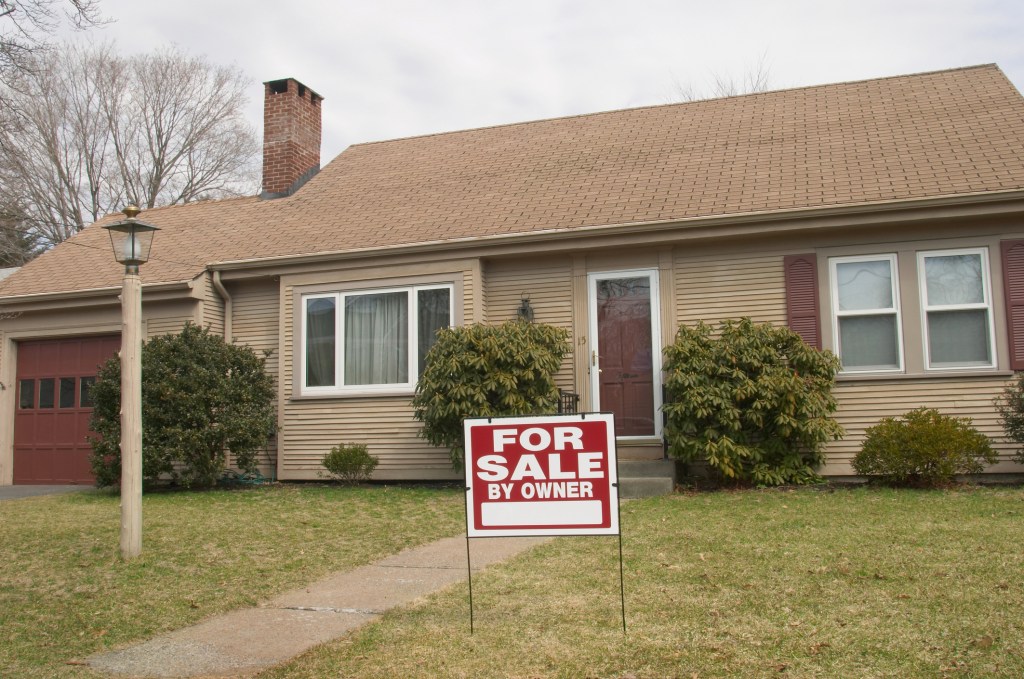S
ubscribe to The David Frum Show on Apple Podcasts, Spotify, YouTube, or Pocket Casts. On this episode, David Frum reflects on the 80th anniversary of World War II's end and how Donald Trump's statements about "Victory Day" reveal America's forgetting of peace, cooperation, and democratic leadership.
David is joined by Glenn Kelman, CEO of Redfin, for a candid look at the broken US housing market. Kelman explains why both buyers and sellers are miserable due to pandemic-era mortgage rates freezing supply, and how the next generation is stuck, unable to buy or move. They discuss zoning reform, immigration, housing deterioration, and why Kelman believes there's hope for long-term correction if America can relearn how to build.
The US housing market has been moribund, with sales volume 30% below historic levels since 1997. Home prices have held up, but inventory is low, and listings are staying on the market for over 90 days. The average age of first-time homebuyers is now 38, up from 31 a decade ago.
Kelman attributes the misery to a mismatch between buyers and sellers. Buyers can't afford homes due to high interest rates, while sellers are struggling to sell their properties at high prices. He believes that prices will come down, and inventory will increase, bringing relief to homebuyers.
Florida's housing market is particularly bad, with insurance rates skyrocketing due to climate change-related issues. The state has tried to regulate insurance rates but faces a triple whammy of high home prices, low sales volume, and a volatile economy.
The strongest real-estate market in the country is currently in the Midwest, which has seen less volatility than other regions. West Coast markets are doing better due to the reversal of the exodus from California and Washington State.
Kelman advocates for zoning reform, citing that mostly single-family homes are allowed in some areas, limiting density and making it harder to build apartments or condos. He also suggests reducing parking minimums and approval times to make building easier.
The housing market has inefficiencies due to outdated processes and high fees paid to real-estate agents. Redfin's model of charging lower fees and using technology to streamline the process has shown promise, but there is still a long way to go in making the market more efficient.
Kelman dismisses the argument that home builders are colluding to oppress Americans, stating that they're primarily motivated by profit and trying to build as many houses as possible. He believes that liberal governance should focus on getting things done rather than moral reform.
The technology of the house is conservative, with people still wanting traditional features like dining rooms and lawns despite changing lifestyles. However, there are potential changes on the horizon, such as autonomous cars eliminating the need for parking spots, and new construction methods using lasers and computer data to build higher-quality housing more efficiently.
Kelman's hope for someone who doesn't own a home is that home prices will continue to come down, and interest rates will decrease. He advises them to be patient and look for opportunities in the market as it evolves.















